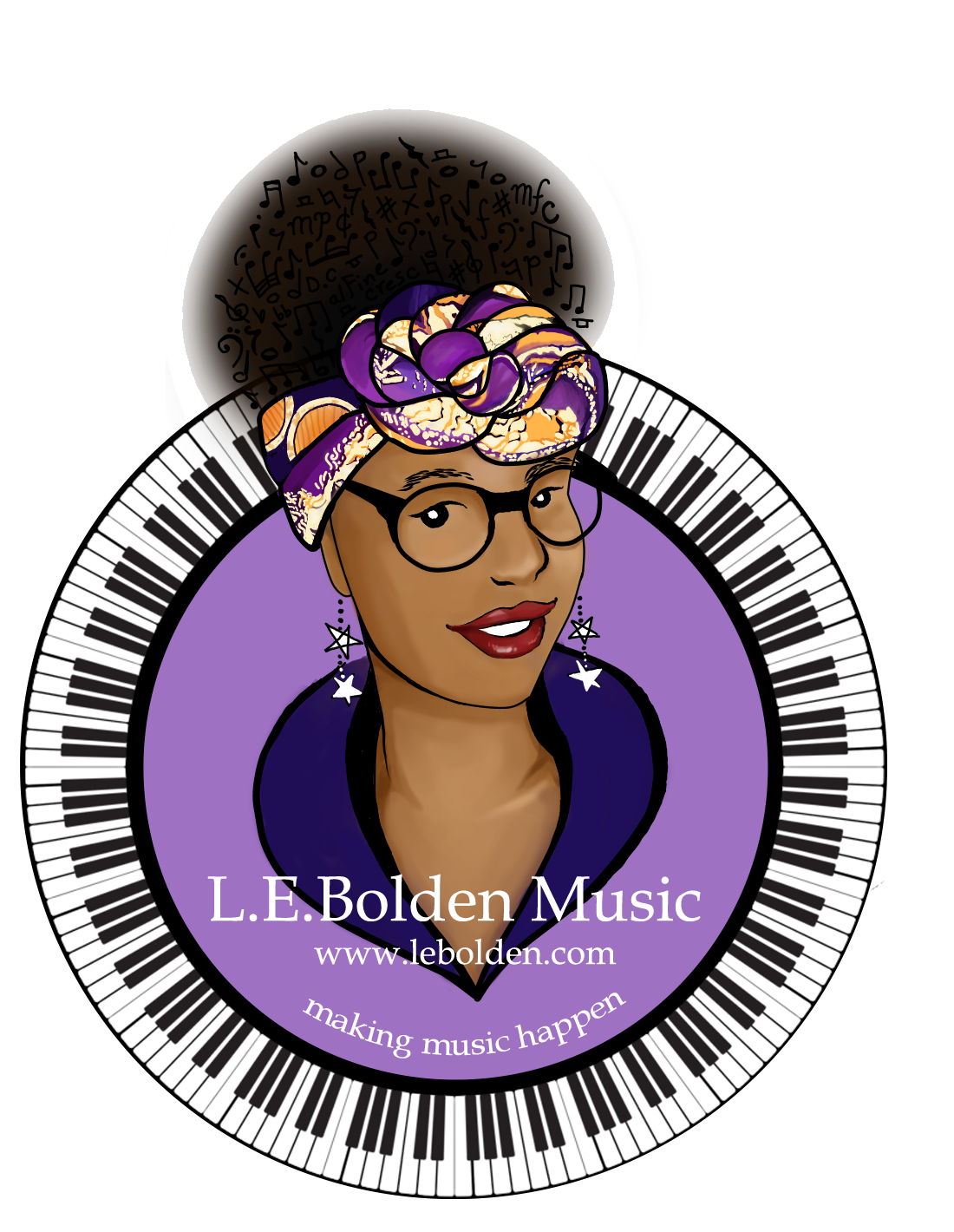Go Down Moses
Go down, Moses
’Way down in Egypt land
Tell ole Pharaoh
Let my people go
When Israel was in Egypt’s land
Let my people go!
Oppressed so hard they could not stand
Let my people go!
“Thus saith the Lord,” bold Moses said
Let my people go!
If not I’ll smite your first born dead
Let my people go!
No more shall they in bondage toil, Let my people go!
Let them come out with Egypt’s spoil, Let my people go!
When Israel out of Egypt came, Let my people go!
And left the proud oppressive land, Let my people go!
O, ‘twas dark and dismal night, Let my people go!
When Moses led the Iseaelites, Let my people go!
Plus twenty more verses, all telling the story of Moses freeing the people from slavery in Egypt.
“When the slaves sang ‘Go Down Moses,’ they put forward a political message of freedom and hope for endurance in the face of death and despair after one arrives in the penultimate promised land of these United States” (West).
Go Down Moses was the first spiritual to ever be published with its music and all of its verses. It is, perhaps, the most well-known spiritual. It was first published in Virginia by the National Anti-Slavery Standard on October 12, 1861, then again in the New York Tribune on December 21 of the same year (Chenu). “Go Down Moses has been attributed to Nat Turner as either author or subject matter” (Newman). In Southampton County, VA, Nat Turner led a violent slave revolt in 1831. “The message of this song, [let my people go!] was so clear that some slaveholders forbade its singing on their plantations” (Newman). The correlation that the Negro slaves found between themselves and the Israellites indicate that they, the slaves, believed their freedom from bondage was “a physical reality in this world, and not merely an otherworldly aspiration” (Newman). This song, and other spirituals like it, is full of symbolism and coded messages. The slaves represented Israel and Moses, a leader. Whether or not that leader was Nat Turner remains a mystery to this day. Egypt, of course, represents the South and Pharaoh, the slave owner.
The black pastor of the age provided his community with a point of view that became a door of hope. “His most important insight was that every human being, slave and master, was a child of God (Thurman). This notion of being a child of God, not a slave, but created in His image, helped to give birth to the religious folk song. “The experiences of frustration and divine deliverance, as set forth in the stories of the Hebrews in bondage, spoke at once to the deep need in the life of the slaves” (Thurman).
Just like the Hebrew people in the Old Testament, Negro slaves saw themselves as Children of Destiny. There was an obvious parallel between the Israellites and the slaves. “God manifested himself in certain specific acts that seemed to be over and above the historic process itself” (Thurman). The text of Go Down Moses tells the story of Moses, God’s chosen vessel to lead his people out of slavery in Egypt. Many spirituals hold such biblical heroes as Moses, Daniel, and Jesus in high regard because they find strength in an “all-embracing love and mercy” (West).
Go Down Moses was the first spiritual I arranged for solo voice. In 2020, when Ottawa went into the first lockdown, I shifted from composing choir pieces to doing more solo works. While I find that its call-and-response style often suits it for choral settings, it has such a great, singable melody and I absolutely love singing it as a solo.
Notable Arrangements and Recordings
Go Down, Moses arranged by Moses Hogan* for SATB and solo voice
The Moses Hogan Singers - Go Down, Moses
Selma 1965: Let My People Go arranged by Rollo Dilworth*
Selma 1965: Let My People Go (SATB Choir) - Arranged by Rollo Dilworth
Go Down, Moses performed by Louis Armstrong and chorus
Louis Armstrong-Go Down Moses (Lyrics+Download)
Go Down, Moses arranged for solo voice by L. E. Bolden
(Recording coming soon)
*African American Composer
Sources:
Thurman, Howard, and Howard Thurman. Deep River ; and, the Negro Spiritual Speaks of Life and Death. Friends United Press, 1975.
Chenu, Bruno. The Trouble I’ve Seen: The Big Book of Negro Spirituals. Judson Press, 2003.
1873-1954., Johnson, J. Rosamond (John Rosamond), et al. The Books of American Negro Spirituals: Including The Book of American Negro Spirituals and the Second Book of Negro Spirituals. Da Capo Press, 1926.
https://youtu.be/70WEjshrrDg
https://youtu.be/PKVDqJF4Lgo
https://youtu.be/8JNCS27rtQ8
